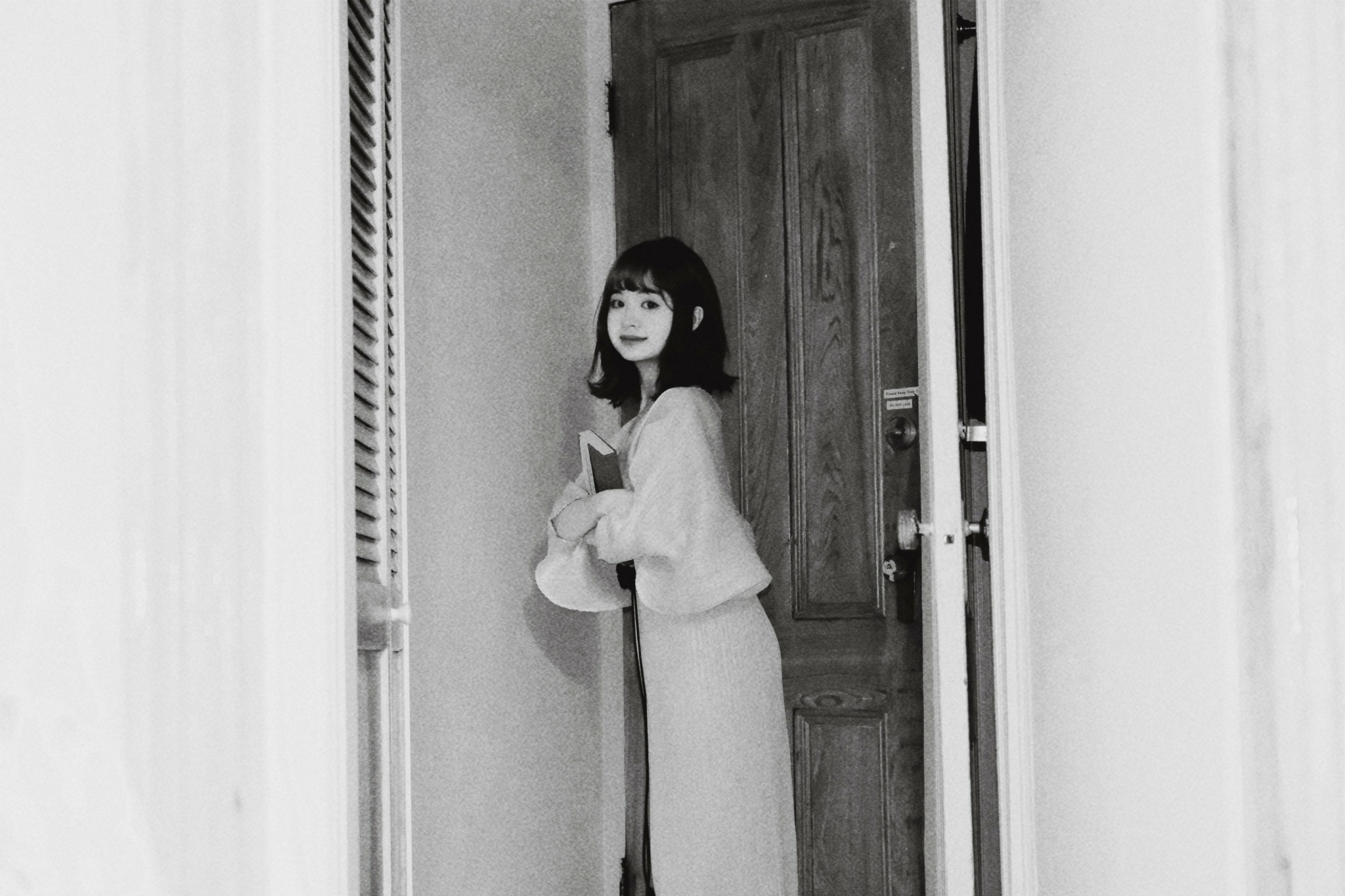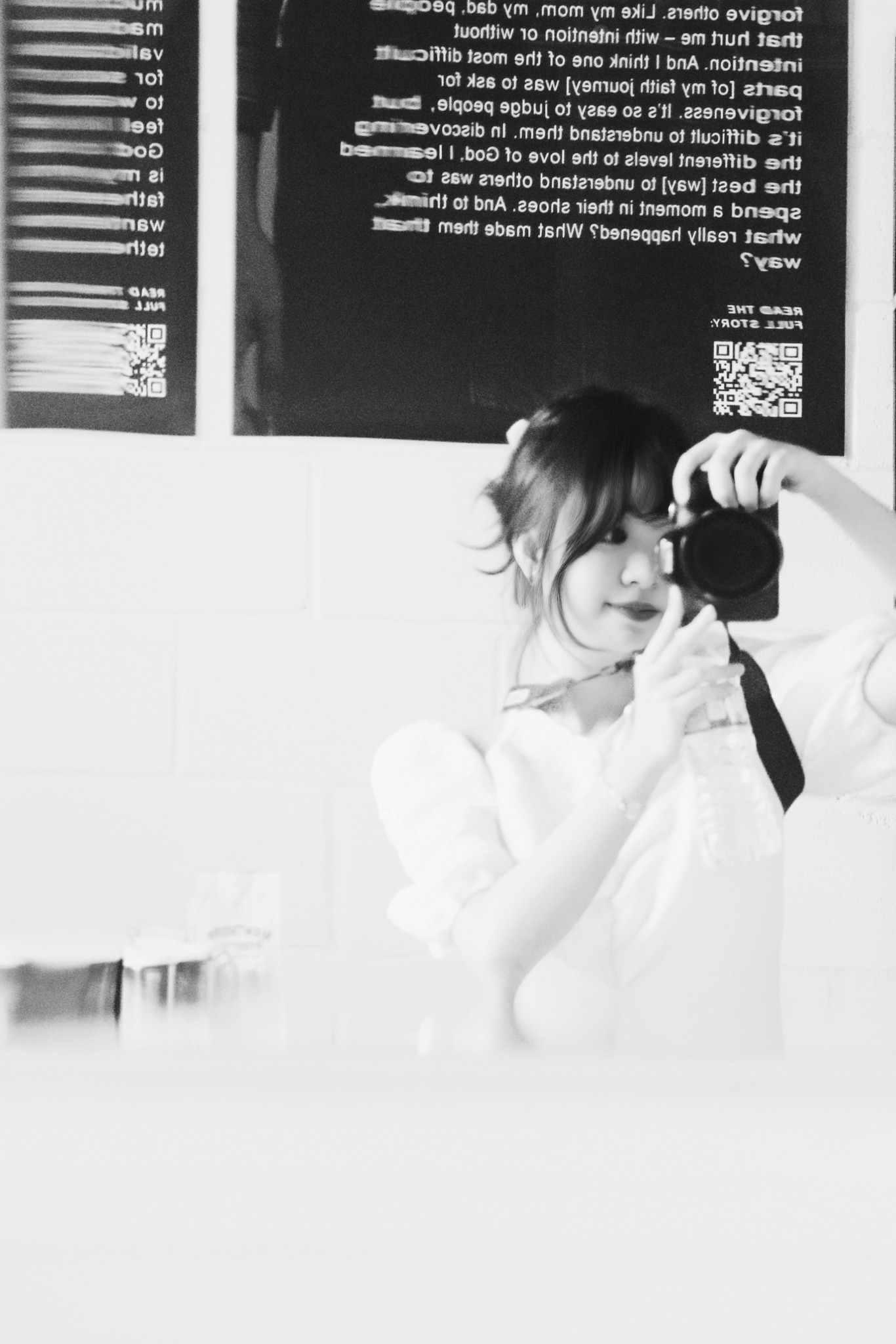Today we’d like to introduce you to Siz Wang.
Hi Siz, can you start by introducing yourself? We’d love to learn more about how you got to where you are today?
This is probably the most challenging question ever. I think it is not easy to tell my life story so far in a single clear structure. Though we are (currently) experiencing time in a linear fashion, life, at least for me, has been a non-linear narrative.
If we separate out the progression of my writing career, then perhaps I can start today’s story with how I acquired incentives to write. There were two initial emotional reasons. One positive and the other negative. The positive motivation is that I am awfully addicted to books, especially fantasy and graphic novels since I have memories. Imitation became inevitable and natural. I didn’t know anything about any story structure, so I just copied and learned from the form of the storybooks I had. I snatched some blank papers from the family printer, folded them in the middle, and began writing with a made-up forward. Later, starting at five or six years old, I was confined in a new family environment where I got punished for every verbal and noticeable facial expression of emotions, opinions, and simple wishes to see some familiar faces. I had no choice but to write. Writing was the only safe way to release my emotions because it was silent. That was the incentive born from negative emotions.
Then, an inciting incident happened around sixth grade, when everybody had to turn in an essay on the topic “I Love My Family” to complete a mid-term exam. It was and still is an impossible prompt for me. In a panic, I made up a fictional adventure story, taking on the perspective of a stray cat and his foster family, and turned it in. The next thing I knew was that my homeroom teacher submitted it to a national fiction writing contest, and it came back with a gold medal. That’s when all the teachers in my boarding started to discuss their hypothesis of me becoming a writer in the future at lunchtime. I didn’t know how serious a rumor could become.
Fast forward to my teenage years. I came across an opportunity to do an editorial internship during my senior year in high school. In one of the weeks, all the interns were asked to complete a solo challenge of creating and publishing a headline article without any team assistance. When the performance reviews came out, I saw that at the bottom of my feedback document, our editor-in-chief left a personal comment, “I think you would make a good writer.”
I later failed the editor’s return offer interview but received a surprise invitation to be a staff writer at the same media. That was in 2019. From then on, I officially began my non-fiction writing career. I was fortunate to be discovered by editors when I was still young. That early opportunity to build a professional writing foundation definitely benefited me, so I could later receive invitations to write for other well-established media that also produce in-depth content, just in different disciplines.
As for fiction, that would be a different chapter of my story. I might share about it on a different day.
Would you say it’s been a smooth road, and if not what are some of the biggest challenges you’ve faced along the way?
From my perspective, writing has not been a smooth road at all. It is practically time-consuming and mentally challenging.
On the one hand, I know that I would need to write more to have enough reward from writing to support life. On the other hand, I would also struggle with not having enough money to exchange for a secure living condition to continue writing. It’s a paradox that I have not yet figured out how to solve.
In terms of mental challenge, I think I suffer from it because I need potent emotional triggers to write. Whenever I am writing for media, I not only need the right emotions to start writing but also need to establish strong resonances between my private experiences and universal feelings shared by a large audience.
One of the articles I have been working on recently is an opinion piece on female perspectives in Open World Games for the *Game On* column at Initium Media. I struggled with my first draft because I couldn’t settle my brain in the correct emotional state. I am so stressed out by technical difficulties in life that I have no choice but to spend my days and nights collecting factual information to navigate complex logic puzzles. Then, my brain can become involuntarily incompatible with anything that either creates new feelings or needs to wake up existing feelings. My editor told me I needed to relax my nerves because my draft was too information-intensive. He is right. Sentences become dry when gentle emotional irrigation is absent.
As you know, we’re big fans of you and your work. For our readers who might not be as familiar what can you tell them about what you do?
Depending on how we look at it – when discussing my expertise in animation, games, and other creative or entertainment industries, my specialization is always storytelling or writing. Under such context, I would be a specialist in respective story departments working on crafting visual or literary narratives. However, if we were to evaluate my work in strict writing industries, like media and publishing, I would then become a generalist who can not produce a single line of poem. I write in both Chinese and English. I also write both fiction and non-fiction.
Being an international nomad who has been immersed in an education environment pioneering interdisciplinary studies has greatly informed who I am as a writer. I can comfortably speak to audiences and interviewees with drastically different knowledge and cultural backgrounds, finding commonalities among unfamiliar subjects. My hope is that my work, fictional or not, can facilitate cross-cultural conversations and understanding.
Recently, that somewhat ambitious wish has luckily been consistent with the values of the platforms to which I contribute. I have been writing the online interview column & printed newsletter called “aNYmator” for ASIFA East (**As**sociation **I**nternationale du **F**ilm d’Animation’s Eastern U.S. chapter.) It was my pleasure to have deep conversations with animation filmmakers and educators who care about craft and communities, and it was my honor to share their stories and insights with the New York City animation industry. Other than that, I am also contributing journalistic work to Initium Media, an awards-winning neutral news organization providing in-depth news, original opinions, and lifestyle content for Chinese readers worldwide. Working with them reminds me to make sensible reflections consistently. I suppose one person can only make a blogger, but a group of journalists and editors may be able to cover each other’s blind spots, creating a holistic profile of the world, and from there, we protect narrative integrity in news and humanity.
We all have a different way of looking at and defining success. How do you define success?
I suppose I have been visualizing success as an item, specifically, some kind of a VIP pass. It gives you instant access to certain insiders’ events and immediate credibility in conversations with total strangers. In other words, I personally think success is not the result of one’s career but a practically handy tool that one can use to sustain a creative career.
For some perplexing reasons that I don’t even know should be considered logical or psychological, I have always been terribly afraid of the idea of one day becoming successful and notable. I fear the privacy of my personal life would be compromised by success. As a writer, a traditional way to avoid personal attention is to hide behind pen names. However, the current creative job market, professional art production landscape, and legal expectations for international talents all together require people, including me, to have as much social media exposure as possible.
Perhaps success is an over-heated, all-purpose metal key that burns your hands.




